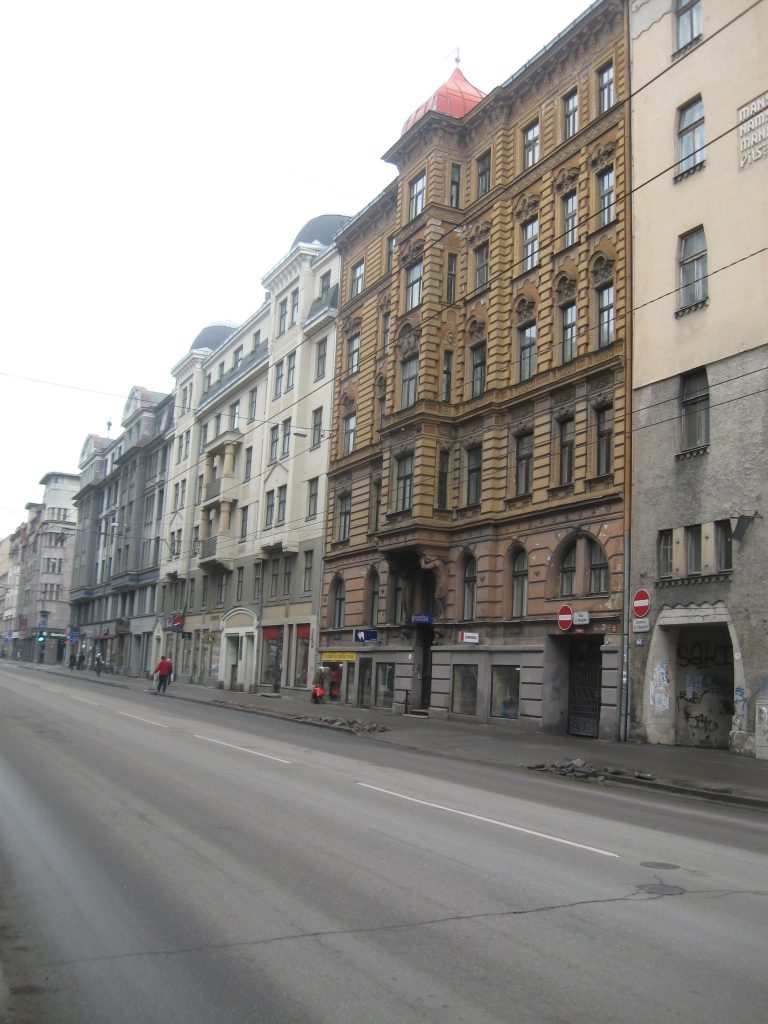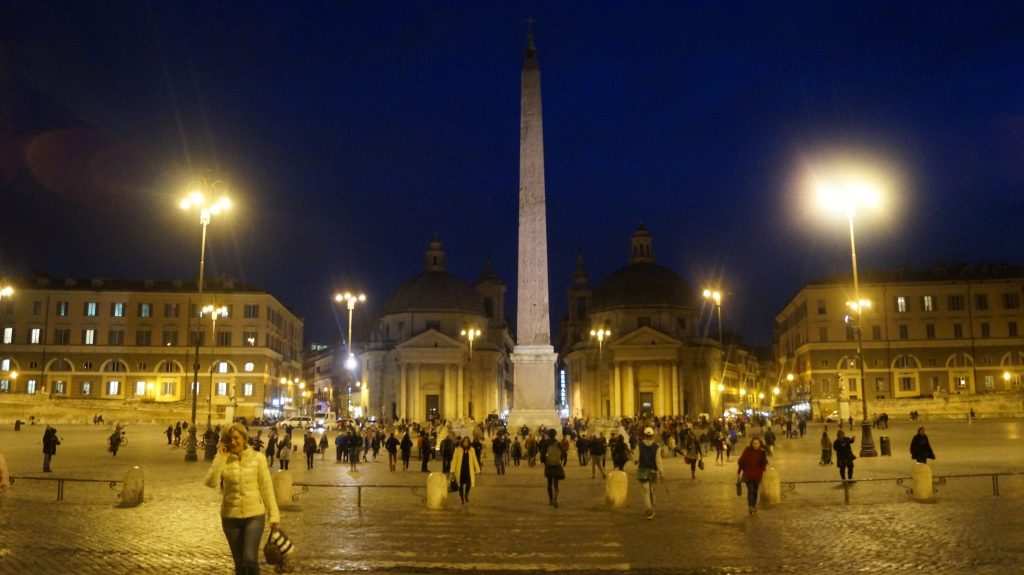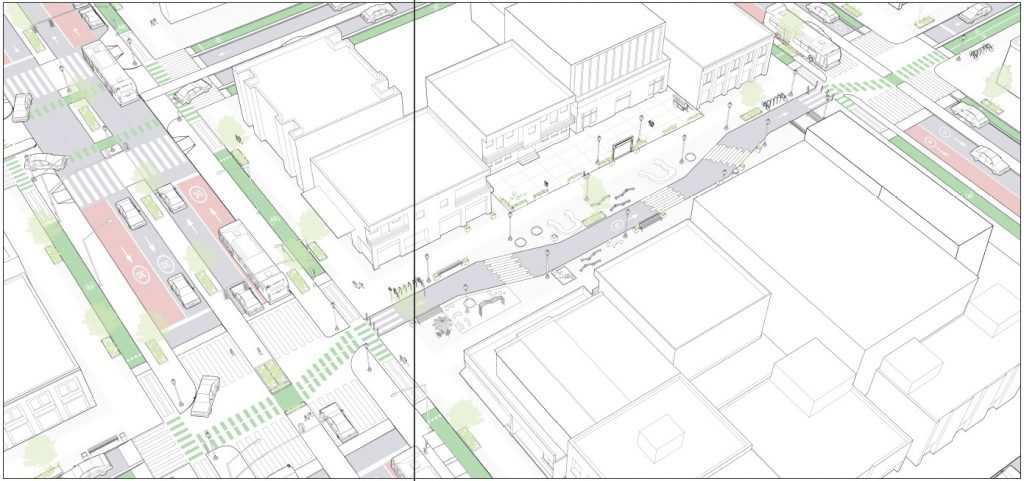This post is also available in:
![]() Türkçe
Türkçe
Mankind: Out of Breath From Running
About 13.5 billion years ago, according to known world history, the universe was created by an “explosion of absence” called the Big Bang. It was so trapped in matter that at some point the whole universe emerged. We don’t know before the explosion, but it waited patiently, probably to get stuck. It waited so long… and from that day on, the whole universe started spinning like it was in a hurry.
As for mankind, it’s too young for the world. For an estimate He is only 2.5 million years old. But his rush never ended, either. From the moment he came into the world, he always worked hard to become a “master of species,” moving forward quickly. He destroyed his rivals and evolved before anyone else. 70 thousand years ago, he carried out the cognitive revolution.
The sweat that poured out of the forehead of a human being who chased a deer with his spear in the African savannas meant that he could feed himself to survive. He spent years running around as a hunter-gatherer. The sweat on his forehead never cooled down…
Then he wanted to stop and rest, mankind. It was enough that he was homeless. Chasing after prey… He discovered agriculture. The worry of feeding her was over. He said “Maybe I could stop and rest”. He founded an agricultural society about 12 thousand years ago. He would form crowded families because he was no longer worried about hunger. But he wasn’t enough too for mankind. Before mankind could even sit down, he found himself running through power battles. His own species had begun to fight in itself after he declared his victory in all the species in the world. This time, mankind found himself throwing his spear at his own kind. He was running and wiping his sweat. “Let these wars be over, and you’ll see I’ll be at peace” he was saying..
Endless wars have dragged people into the race to be faster. Wanting to be more successful in this race between species, mankind has been able to build tools to make its work easier. The man who invented the wheel about 3500 years ago and tamed the horse, thought this time his run would be over. But it hadn’t been, with horse and wheel increasing the distances and severity of the battles. Overwhelmed by wars, famine, and starvation, mankind galloped its horse to another continent, and in the drip of sweat poured from its forehead, he was still dreaming of the peace it would find in its new home…
As the evolving, advancing human race progressed, the competition grew more and more. He dealt with internal upheavals, betrayals and injustices before he could face the civilization he had just founded and say “well, what a relief!”. In the Great Sumerian civilization, the mankind who ran to the palace gate with his sword thought, “Let’s take this king down, then we will find peace…”
“Let us shake the king’s confidence in his place; Let him relinquish the throne! The princes heeded his words and rushed to the palace gate; They attacked the throne room like water rushing into its forbidden entrance. The king escaped to the tower of the palace; Alalu went after him. There was a collision at the tower and Lahma fell from the tower and died. No more Lahma, Alalu shouted. He declared with enthusiasm and joy; The king is dead! Alalu, who rushed to the throne room, was installed on the throne himself. Without his right or parliamentary order, he declared himself king, “he added.
Sumerian Inscriptions 1
Fortunately, in our last 500 years, we have carried out the Scientific Revolution, and we thought we would be at peace. Our dreams were decorated by utopias that people no longer had to run. Science was moving faster than ever, and the world was big enough for mankind… But again, it didn’t. The sweat on his forehead never cooled as man ran from war to war for the sake of absolute power, such as the French Revolution, the Century Wars, the World Wars.
Civilizations have been established, civilizations have been destroyed by mankind.. Cities built for the sake of more power, instead of improving people’s quality of life, had created vital problems such as health and safety. A drop of sweat falling from his forehead reminded him of deer hunting in Africa as he split the crowd on the streets of Istanbul with his bag in his hand and quickly ran to his job, where he was late. He couldn’t help asking himself… “if 12 thousand years ago I was more peaceful or I was running less..”

Industrial Revolution and Forgotten Human Beings
Rapidly increasing populations and industrialisation in the 20. century led to rapid urbanization; cities were built in the form of broad roads, vertical structures and plans sliced into baklava, in keeping with the purpose of their periods. The main tasks of the cities built during this period are to relieve transport and vehicle traffic to serve the industrial revolution.

People who live under the same roof in huge buildings take to unsafe streets only when they need them, and thus hardly know each other except for the few people they meet in the elevator. Like the stories in George Orwell‘s dystopia, we go into the same apartment buildings every day and do the same thing. Poor kids know only the way to the mall outside of their school, which can be seen through the windows of vehicles…
We see that people living in this post-modern urban approach have become unhappy and cities have become huge factories without identification. Capitalism imposes on us the ideality of the same in architecture and the ugliness of the different.
Unfortunately, the 20th century was a century when the labor force of all mankind was shown as a hero without a cape, while the industrial revolution and capitalism were shown as heroes without a cape. The streets were for the happiness of the vehicles, not the neighbourhood people. As mankind moved with more rushed steps and consumption crazes than ever before, it couldn’t even stop and realize what it was doing to our world…
Slowing Cities
Mankind has always had the ideal of slow life… But he never make it happen. Unfortunately, as our cities modernize, our pace increases and we become a consumption society. Studies in recent years show that older people population are increasing in Turkey, and after a while, older people will make up the majority of our cities. The increase in elderly populations in Turkey appears to be a reason to slow our cities.
Reducing traffic rates in our cities and creating more walkable, clean, safe and habitable urban places has become a must for our future.The increasing traffic of commuters around the world today has become a threat to our cities. 20. urban planning in the 20. century is actually for motor vehicles to move more comfortably. With rapid population growth today, the amount of green spaces left in urban areas is drastically decreasing.
According to mathematical modeling used in a recent study, if everyone chooses to use their vehicle as the fastest way to get where they want to get to, they never get anywhere at any time 2. In developed countries, building the road way is no longer civilization. Many developed countries are reducing vehicle routes and increasing the amount of green space to support healthy living, encouraging people to walk or use motor-free vehicles.
It is clear that vehicle traffic has a negative impact on the health of both man and the world. It was revealed through scientific studies that many diseases such as obesity, stress, heart condition are increasing in people who forget to walk, remain sedentary. The damage to our world is also evident because of fossil fuels.
While developed countries boasted of their vast streets until the past years, today they are trying to narrow down their streets and slow down the speed of vehicles. Imagine living in one of the apartments in the following photos I took in Russia and Latvia in 2011. The entire connection of the streets to the people has unfortunately been destroyed. We can say that in many countries in the world now, these streets are being narrowed down, they are dealing with reducing individual vehicle use and pedestrianization of the streets.


Unlike cold countries like Russia and the Baltics, as we go down to Mediterranean countries like Italy, Greece, Turkey, we see streets/streets becoming narrower and erratic, and yet the streets still belong to the people.
“Spread out on the grass, hurry up…
Sooner or later, the grass will spread over you. “
Jagues Prevert
We know that in some cities around the world, motor vehicle use is prohibited, only nature and health-friendly vehicles such as bikes, scooters are allowed. But these were not very large cities as a population. In the near future, there are restrictions on vehicle use in 13 major megacities in the world (Oslo, Madrid, Chengdu, Hamburg, Copenhagen, Paris, London, Brussels, Berlin, Mexico City, Bogota, San Francisco and New York). Madrid has banned vehicle traffic on a massive 500 hectare site in the city centre as of 2020. Only taxis, public transport, zero-release cargo vehicles and local vehicles living in the area will be use3.
21. century, the understanding of urbanism is built on slowing down cities and improving human and world health, making the streets safer. In order to slow vehicle traffic in cities and make streets safe for pedestrians, it is proposed that carriageways be narrowed to one vehicle, zigzagged without speeding, and their speed reduced to 30 km/h. For more information on street designs, you can read the Global Street Design Guideprepared by NACTO
In this article, I wanted to draw attention of mankind, who exhausted by its 2.5-million-year run, and emphasize that slower cities are possible for today. When we’re in a hurry, we mostly forget to enjoy life, so let’s stop and relax. Streets where we are not sure of their safety, where we cannot leave our children with peace of mind, certainly cannot be designed for the human being. Not only us, but the universe in which we live is exhausted by the inexhaustible ambition of man…
Hey impetuous, hasty, raw person!
Even a checkerboard is ascended by a step-by-step staircase.
Rumi











